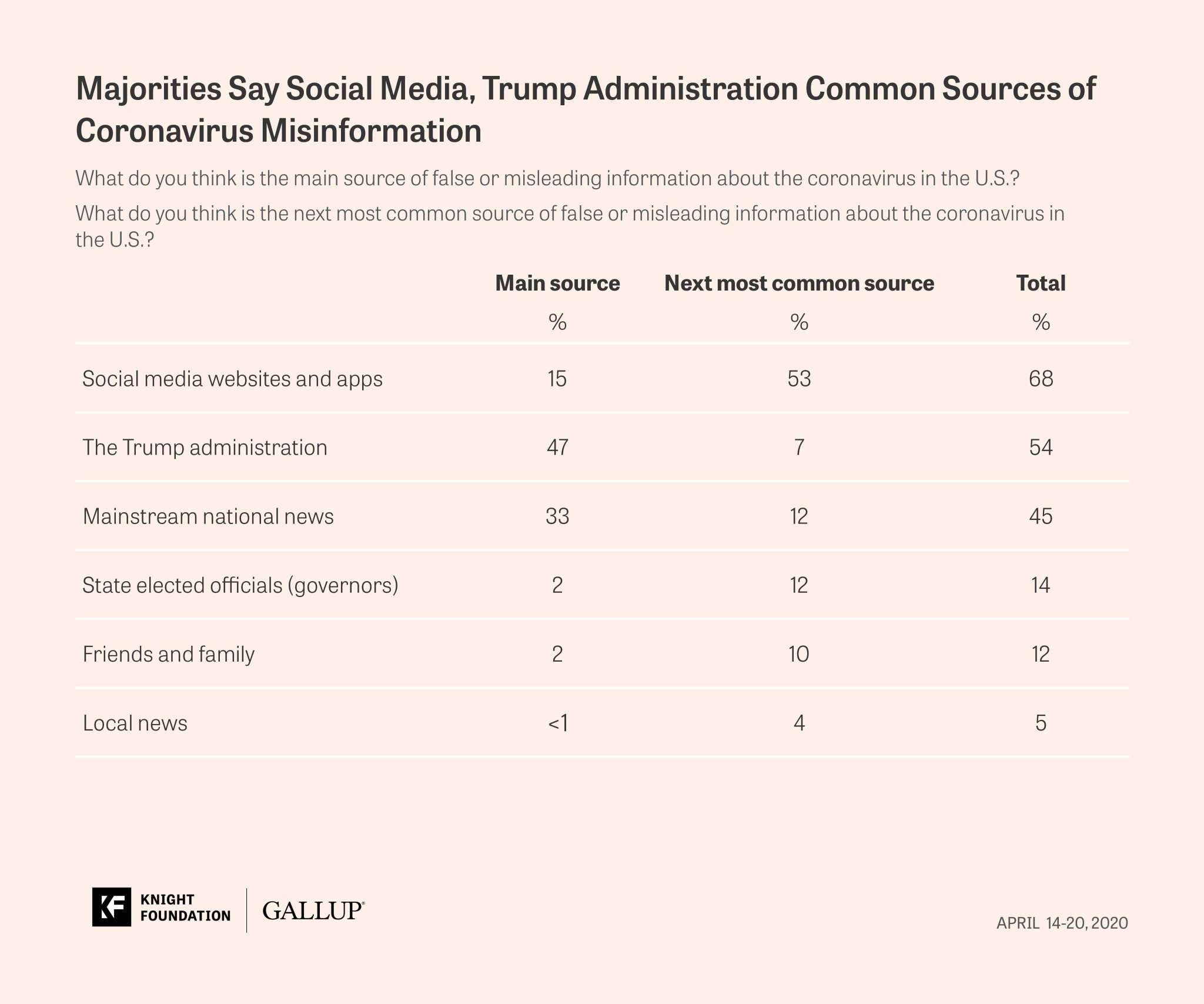Sunday in Whitewater will be rainy with a high of fifty-seven. Sunrise is 5:28 AM and sunset 8:13 PM, for 14h 45m 25s of daytime. The moon is a waning crescent with 23.3% of its visible disk illuminated.
On this day in 1673, Louis Jolliet, Father Jacques Marquette, and five French voyageurs depart from the mission of St. Ignace, at the head of Lake Michigan, to reconnoiter the Mississippi River.
Recommended for reading in full —
Margaret Sullivan writes Facebook has a huge truth problem. A high-priced ‘oversight board’ won’t fix it:
Facebook last week announced the formation of a 20-member “oversight board.” The panel will rule on difficult content issues, such as whether specific Facebook or Instagram posts constitute hate speech. Some of its rulings will be binding; other will be considered “guidance.”
….
If gold-plated résumés were the answer, we’d be all set. But as one of the top technology critics in the country, Recode co-founder Kara Swisher, put it recently, they’ve been charged with the impossible — “trying to push back the ocean with one hand.”
To this, I’d add some other concerns. Anyone who has ever served on a committee, especially a large one or one populated with big egos, knows that it’s not an ideal way to get things done.
With rare exceptions, the committee format is unwieldy and inefficient, long on lofty discussions, short on definitive action. And certainly not a proven way to cut through a vast amount of information, take on the thorniest of problems and make hugely important decisions on issues that constantly arise in real time.
….
What’s more, the members’ paid participation may actually end up muting their voices at a time when they could be serving as some of Facebook’s most influential critics.
“They are now effectively within the Facebook corporate tent,” Emily Bell, director of Columbia University’s Tow Center for Digital Journalism, told Columbia Journalism Review. That “buys up potential dissent or criticism.”
Greg Sargent writes The 2016 nightmare is already repeating itself:
The latest developments in the Michael Flynn case should prompt us to revisit one of the most glaring failures in political journalism, one that lends credibility to baseless narratives pushed for purely instrumental purposes, perversely rewarding bad-faith actors in the process.
News accounts constantly claim with no basis that new information “boosts” or “lends ammunition” to a particular political attack, or “raises new questions” about its target. These journalistic conventions are so all-pervasive that we barely notice them.
But they’re extremely pernicious, and they need to stop. They both reflect and grotesquely amplify a tendency that badly misleads readers. That happened widely in 2016, to President Trump’s great benefit. It’s now happening again.
….
When critics say Clinton was unfairly placed on an equivalent plane to Trump in this regard, journalists defensively point out that Democrats must be scrutinized, too. But this misses the objection, which centers not on a demand for light scrutiny of Democrats, but on a criticism of presentation and proportionality, and the ways in which getting that lopsidedly wrong misinforms in a larger and more intangible sense.
Building the World’s Largest Open-Air Museum:
more >>



